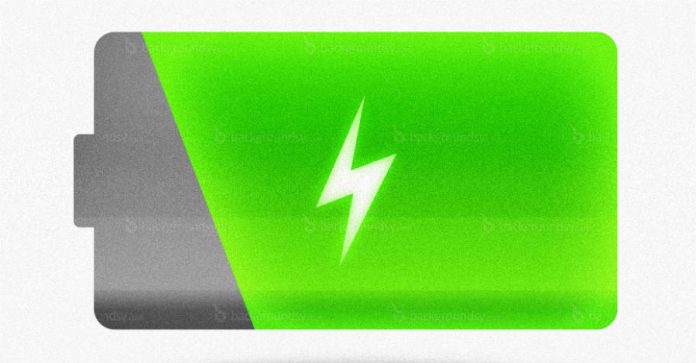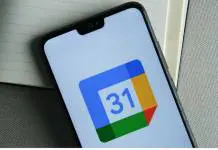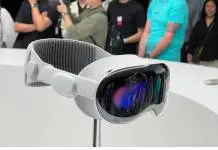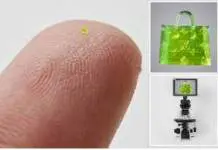
In an interview with the BBC, StoreDot CEO Doron Myersdorf said their FlashBattery units could start mass production in Q1 2018. The technology can charge an ordinary smartphone to 100% in just five minutes, but it still has some challenges to overcome.
The superfast-charging batteries were introduced in 2014, and their first big public appearance was at CES 2015 in Las Vegas. Since then, the Israeli firm has been hard at work to make its quickly powered future a reality.
Myersdorf’s proposal would be up against industry giants like Qualcomm and its recently unveiled Quick Charge 4 technology, which offers a significant power boost in just five minutes. StoreDot might have the edge, though, since its batteries are scalable and could make their way into electric cars too.
How does FastBattery work and how is it different?
Back in 2015 when StoreDot presented FastBattery to worldwide audiences for the first time, founder and CEO Doron Myersdorf disclosed that the secret to its technology lied at the nanomaterial level.
FastBattery uses organic nanocomponents that allow for a faster ion transference between the anode and the cathode or the battery, best known as the positive and negative ends.
The “non-traditional” nanomaterials used by StoreDot make these reactions happen way faster, and they make batteries charge devices way faster too as a result. What these materials are, however, remains a mystery.
Just last week at the CUBE Tech Fair in Berlin, the company introduced a new FastBattery cell for electric cars that could also radically change the game. More than 40 StoreDot modules arranged on a single unit could make cars charge in just five minutes as well.
There are some questions and concerns about StoreDot’s technology
Although everything about FastBatteries sounds amazing, there are some obvious concerns about what lies behind such breakthrough technology. Some people wonder about the materials and others about the safety implications.
Researchers in the U.S. recently revealed a new lithium-ion battery model that relies on glass rather than other alkali metals, making it way cheaper, faster, and efficient than the current standards. That is also, in a sense, organic and recyclable like StoreDot’s approach.
On the other hand, making the process happen faster is not without its downsides. Batteries and devices heat up at a faster rate and to higher temperatures than average, which could end up being not as efficient as initially thought.
In lithium-ion batteries, the heating and cool down process is a big part of what makes them decay fast, and what ends up making your handset’s battery life miserable. It remains to be seen if the organic nanomaterials used by StoreDot can counteract this consequence.
Myersdorf said they would certainly start mass production of FastBattery units in Q1 next year, and that there is already a roster of companies interested in the technology. Naturally, the CEO was not allowed to disclose which, but experts say that if everything is true and it works, these batteries could change the game.
Source: BBC










